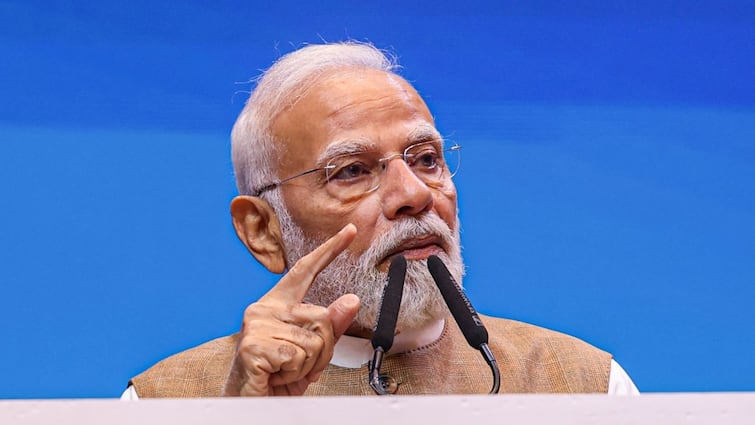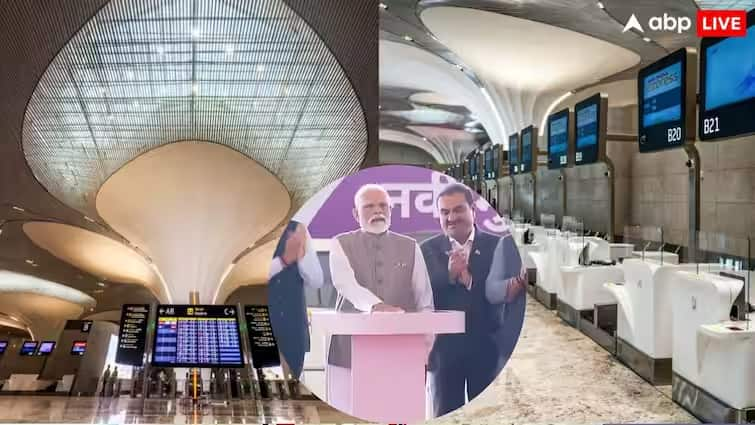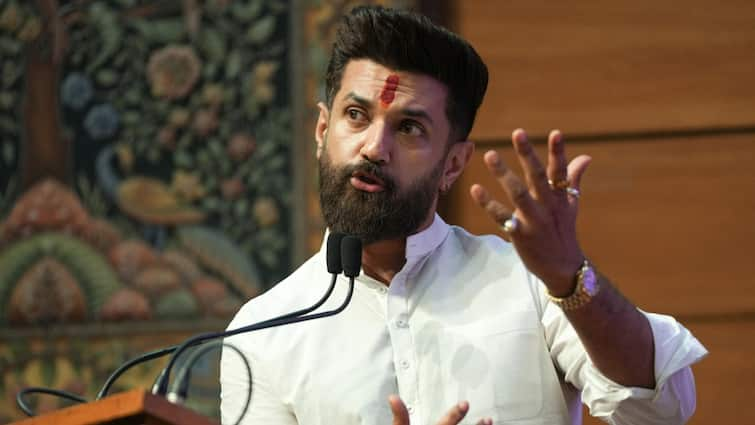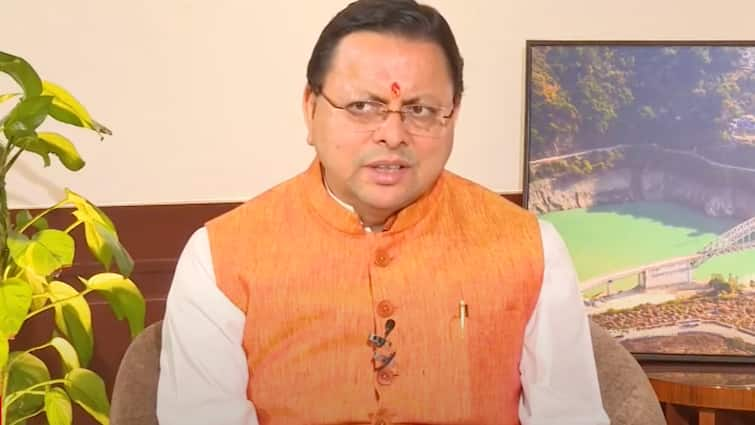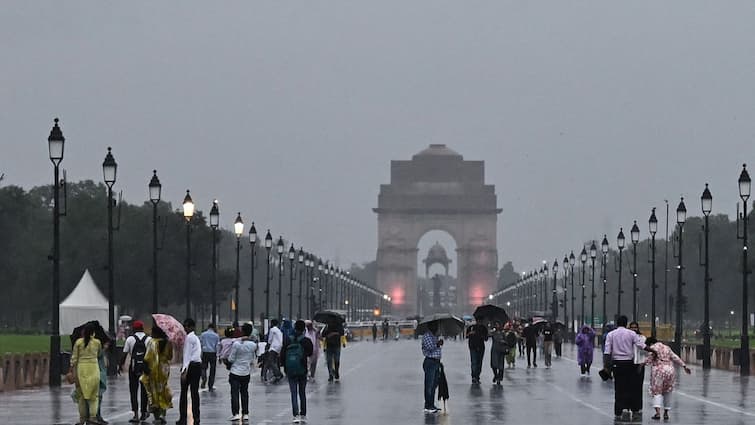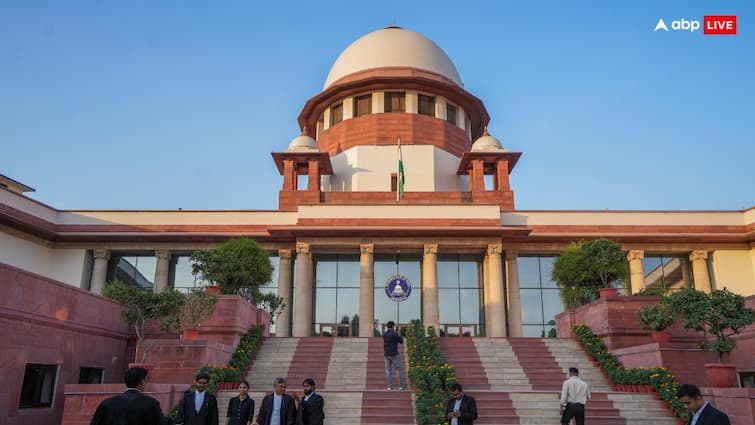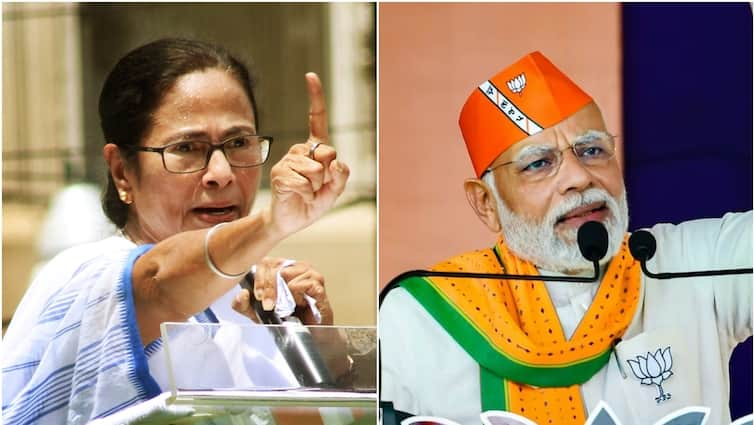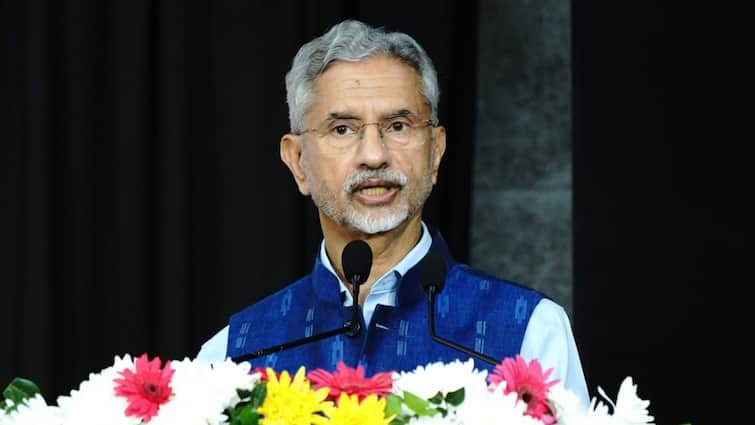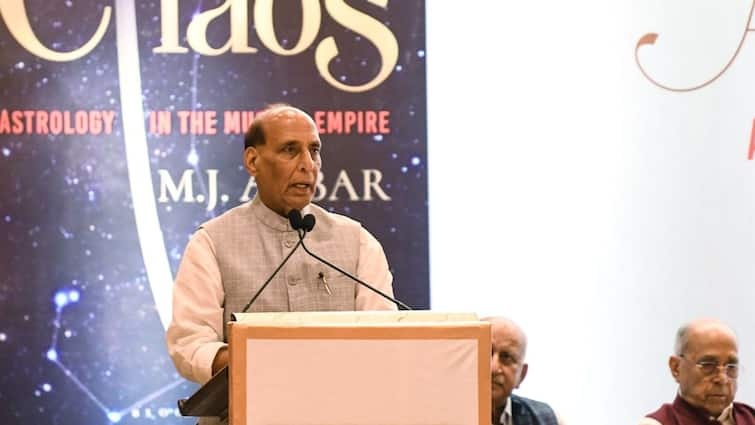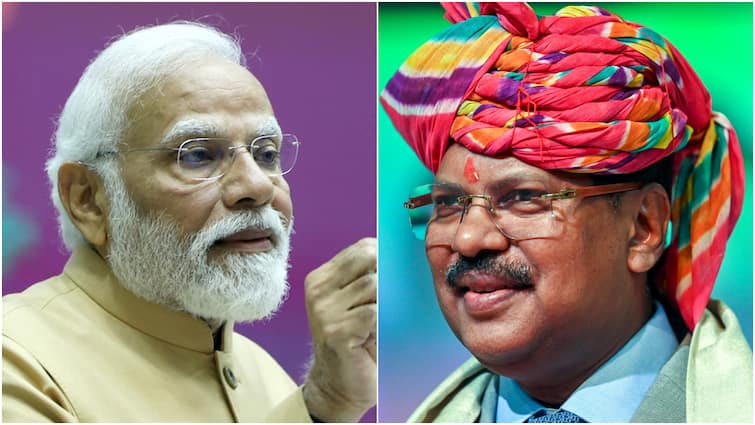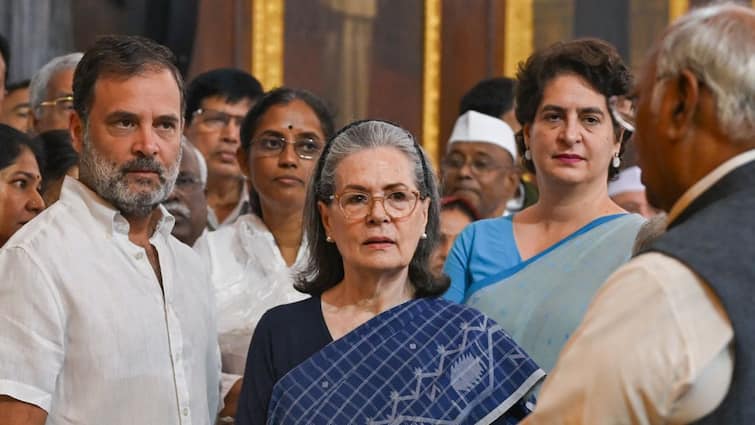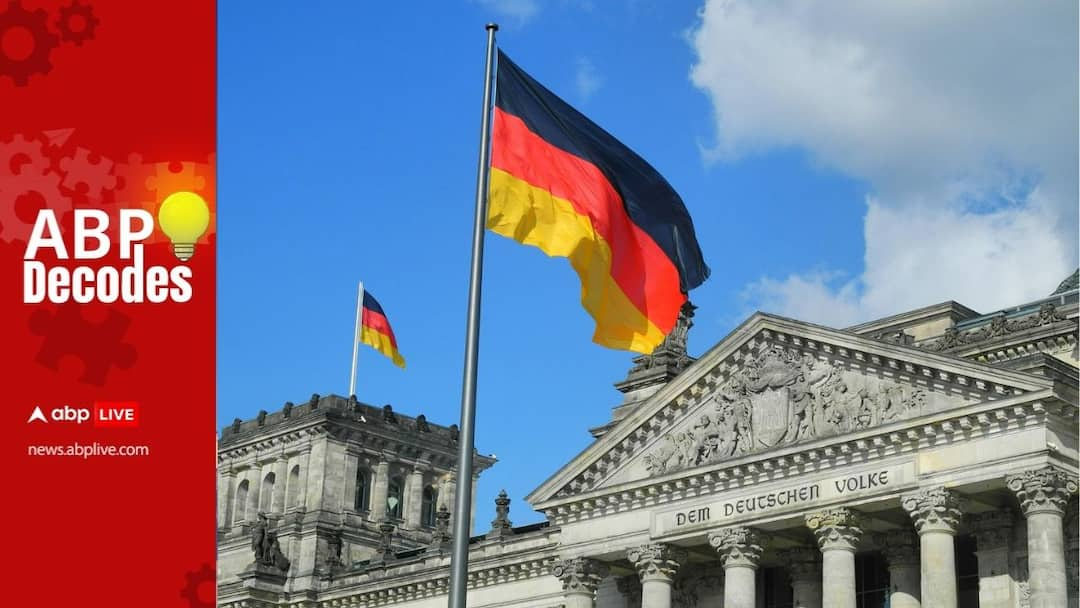
Germany is headed for a snap election on Sunday, months after the collapse of Chancellor Olaf Scholz’s three-way coalition, which was elected in 2021. The election comes seven months before the parliamentary polls were scheduled to be held — the German parliament, or the Bundestag, is elected for four-year tenures, and the last election was held in September 2021.
The Russia-Ukraine war, the German economy, and immigration will be the main issues for voters as they cast their ballot on Sunday.
Here, we explain Germany’s complex voting system that gives every voter two votes. This will be the first election since Germany reformed its parliamentary rules to limit the number of representatives to 630.
How Is The Election Held?
The German elections are vastly different from the system employed to elect India’s Lok Sabha, except that voters decide how many seats a party gets in the parliament.
According to the Facts About Germany website, the electoral system makes “it difficult for any single party to form a government on its own — a coalition government is the rule in Germany”. “To prevent the party landscape from becoming fragmented, which would make the process of forming a government in the Bundestag more complicated, parties must receive at least five percent of the votes cast (five-percent hurdle) in order to obtain seats in the parliament,” it notes.
Why Two Votes?
When Germans vote, they have to mark their preferences on two counts: the candidate for their respective constituency, and for their preferred party. The second vote decides what share of seats a party gets in the parliament. It’s a complex system that can leave you scratching your head, but let’s take a shot at breaking it down for you.
→ There are 299 constituencies in Germany, across 16 states. Bigger states have more constituencies than smaller ones.
→ The first vote of Germans decides the candidates to represent these constituencies.
→ The second vote is based on candidate lists prepared by parties for each state, which are partially published on the ballot.
→ A February 18 Bloomberg report breaks down the ensuing process thus:
SCENARIO 1: Party X is assigned 9 seats in State Y based on the second vote, and the same party has 6 leading candidates based on the first vote: In this case, all 6 of its leading candidates get a seat in parliament, while the remaining 3 are filled up based on the party lists.
SCENARIO 2: Party X is assigned 4 seats in State Z based on the second vote, but has 6 leading candidates. This will mean only the top 4 candidates get a seat.
How Is Chancellor Elected?
The chancellor, the head of the German government, is elected based on a parliamentary vote. The parliament votes for candidates proposed by the president, whose recommendation is based on consultations with the various parliamentary groups in the Bundestag. The process is detailed on the website of the chancellor.
- To be elected, the candidate proposed by the president must “secure the votes of an absolute majority of the members of the Bundestag, that is half of the members plus at least one additional vote”.
- If the candidate “fails to secure an absolute majority in the first round of voting, a second round is held”. The Bundestag then has 14 days to elect another candidate to be chancellor. The president can only propose a name for the first phase. States another official website, “If there is no absolute majority in the first round of voting, the Bundestag has fourteen days time in which it can elect a Chancellor in as many rounds of voting as desired. Here again an absolute majority is needed to win.”
- If this round fails as well, “the election process enters a third phase in which a new election (for chancellor) must take place immediately. The person who receives the largest number of votes (relative majority) is then elected to be chancellor”.
- If the chancellor-elect gets an absolute majority, the president must appoint them within seven days of the election. “If the Chancellor-elect receives only a relative majority, i.e. the most votes, the federal president must either appoint the chancellor within seven days or must dissolve the Bundestag,” the chancellor website states.
Since 1949, when the first Bundestag election was held, all the heads of government in Germany have received the required majority in the first round of voting, according to the website of the German government.
Doonited Affiliated: Syndicate News Hunt
This report has been published as part of an auto-generated syndicated wire feed. Except for the headline, the content has not been modified or edited by Doonited





